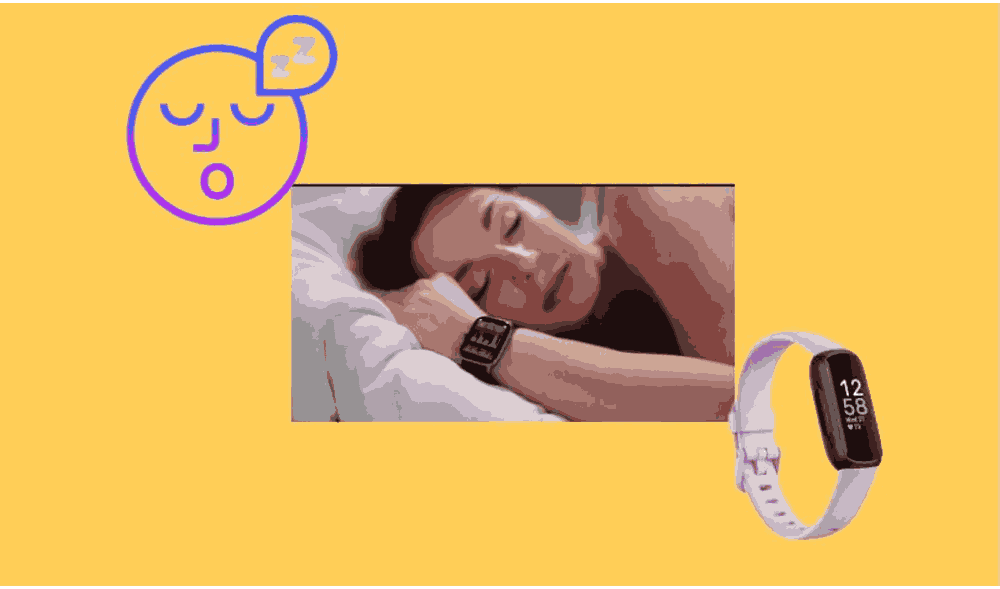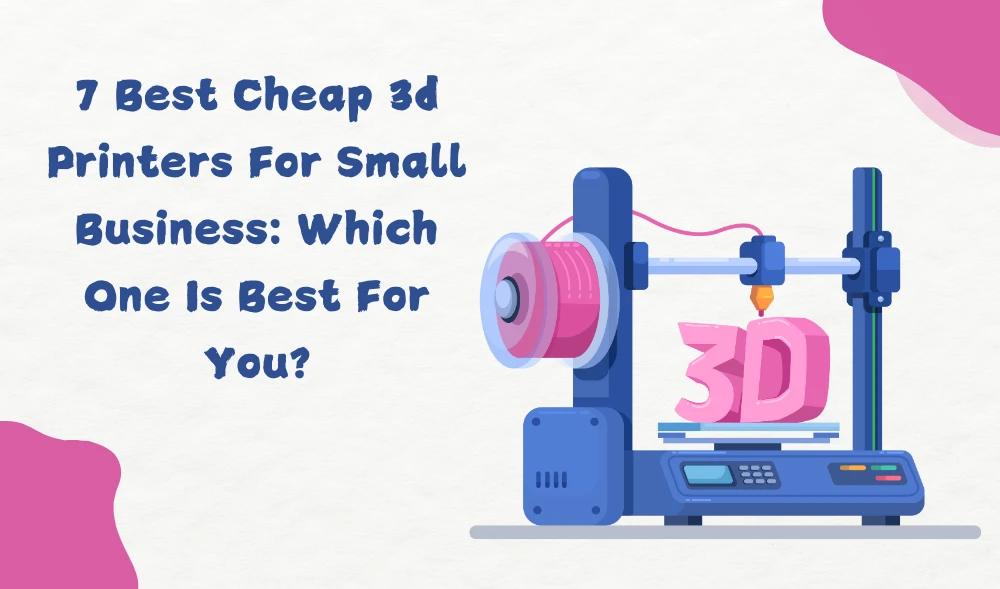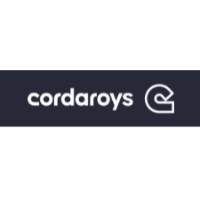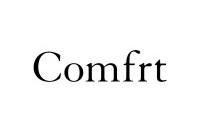How Accurate are Sleep Trackers – Complete Guide
Activity trackers are all about having the latest talk of the town. Millions of wrists are being monitored daily throughout the world, ranging from your heart rate to the flow of oxygen. It calculates and deeply monitors everything. Here in the United States, every second citizen has this tracker on their wrist, but you might be wondering if it works. Do they give the same results?
So in this guide, we will be answering the most anticipated question, which is how sleep trackers work on the phone or your wrist if you get a Fitbit or any fitness tracking device.
What do they monitor?
A wide range of sleep trackers are available, and with time, we can see them crawling into the market more and more. Many are wearable trackers that you can strap on just like a wristwatch. Others might simply clip on your pillow or sit by the bedside table.
So here are some features that do vary on devices but are common to all of them:
-
- Monitoring your sleep duration: By tracking the time you are inactive, the devices are capable of tracking when you fall asleep at night and when you get up in the morning.
- Sleep quality: Some of the tracking devices can detect an interruption in sleep, this helps you to be alarmed when you are tossing around or waking up during the night.
- Sleeping cycle: Some tracking systems do hold the capabilities to track the phases of your sleep and time the moment your alarm goes off when you are in a less deep sleep.
- Environmental factors: Some devices are rugged and strong enough to hold, record, and predict environmental factors such as the amount of light or the room temperature.
- Lifestyle influence: Some trackers are given a default prompt to enter your valid information about the activities that can potentially affect your sleep cycle, for instance, the amount of caffeine intake, what you have eaten, when you have eaten, or whether your stress levels are too high or not.
While sleep tracking devices can carry a lot of information about your daily activities, they don’t measure your sleep directly. Instead, what they do is usually measure the inactivity to estimate your sleep. Most sleep tracking devices are running on estimation and approximation as to how much you are sleeping.
To get the exact data about your sleeping habits, it’s necessary to conduct a deep medical sleep study. Not only will it monitor your sleeping schedule or cycle during the night, but it will also help you to identify the areas that can potentially help you to diagnose sleeping conditions such as apnea or other sleep disorders, which must be curated before.




















